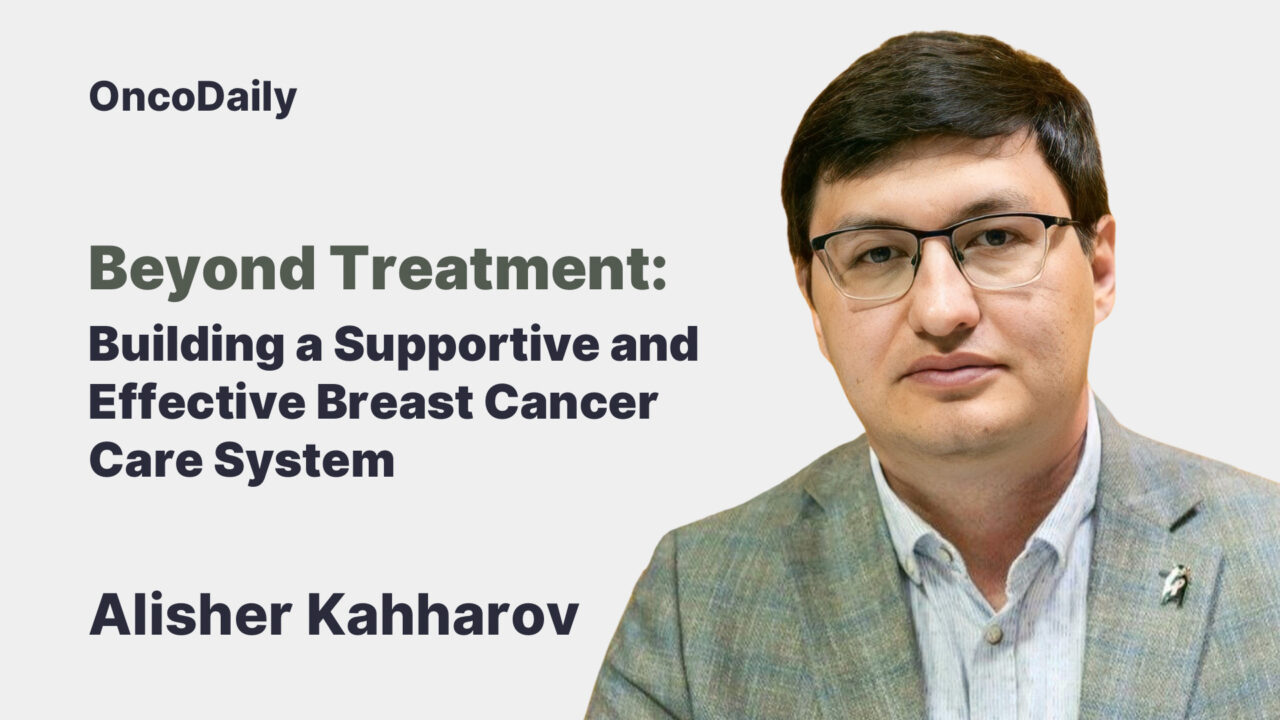Effective management and improved control of breast cancer are only possible through continuous education and ongoing professional development of healthcare providers.
Keeping medical teams updated with the latest research, treatment protocols, and technological advancements ensures that patients receive the most current and evidence-based care.
It also promotes interdisciplinary collaboration, encourages the adoption of innovative approaches, and helps maintain high standards of quality and safety.
Investing in regular training and education not only enhances clinicians’ skills but also fosters a culture of excellence and adaptability within healthcare facilities, ultimately leading to better patient outcomes, higher survival rates, and improved quality of life for women battling breast cancer.
Another crucial step toward this goal involves streamlining systems and processes within healthcare facilities. This can be achieved by preparing for international accreditation as a Breast Cancer Unit. Such accreditation promotes the implementation of best practices and the development of a multidisciplinary team, significantly enhancing the quality of care, improving patients’ quality of life, and increasing their chances of recovery.
While this process is meticulous, demanding, and requires time and consistent effort, the requirements and oversight involved serve as valuable guiding principles for the successful adoption of best practices.
Building upon this foundation, creating a comprehensive navigation system for patients throughout their journey in the fight against breast cancer is essential. This system provides vital psychological support, guidance, and empowerment, helping women feel more confident, informed, and supported at every stage. As a result, outcomes are improved, and quality of life is elevated.
Equally important are the roles of patient organizations and advocacy efforts. They act as vital bridges between society and the medical community, fostering a deeper understanding of patients’ needs and concerns. These organizations are crucial in raising awareness, educating the public, and promoting early detection and prevention strategies.
They also play a proactive role in influencing healthcare policies, ensuring that patients’ voices are heard in decision-making processes, and advocating for improved access to quality care. By facilitating dialogue between patients, caregivers, and healthcare providers, they help identify and address challenges more effectively, creating a supportive environment that empowers women and enhances overall outcomes.
Their efforts contribute to building a patient-centered health system that prioritizes compassion, education, and shared responsibility.
Ultimately, all these efforts are interconnected. Through collaboration, knowledge sharing, and compassion, we can truly make a difference. Together, we are strong – capable of transforming the lives of countless women and making breast cancer treatment more effective, supportive, and human-centered.
Written by Alisher Kahharov, Head of the Breast Cancer Surgery Department at the Republican Specialized Scientific-Practical Medical Center of Oncology and Radiology, Ministry of Health of Uzbekistan
You can find more posts featuring Alisher Kahharov on OncoDaily.


